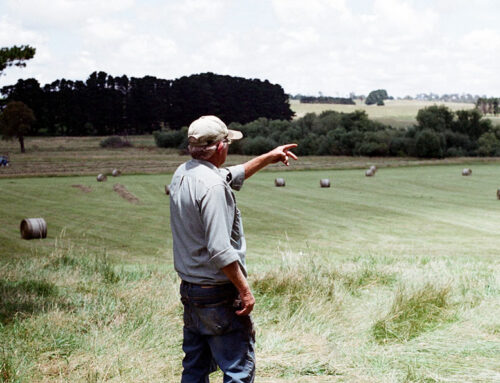|
REJECT THE HOUSE FARM BILL (H.R. 1947) June 17, 2013 Dear Representative: Thursday, the Rules Committee announced that amendments to the nearly $1 trillion Farm Bill (H.R. 1947, the Federal Agriculture Reform and Risk Management Act or FARRM Act) were due to the committee Monday at 2 PM for an emergency meeting at 5 PM. What a way to run a railroad. Trillion dollar legislation that dramatically expands farm policy, resurrects discredited Moscow on the Potomac price supports, and generates relatively paltry deficit reduction deserves far more scrutiny. Taxpayers for Common Sense believes the bill should be rejected outright for its near-trillion price tag and its expansion of the government’s outsized and outdated role in American agriculture. FARRM seeks to protect agriculture’s baseline spending levels despite the fact that the sector is expected to reap record farm profits this year. But at the very least lawmakers should have adequate time to draft and submit amendments, not a couple of weekend days. While Farm Bill apologists will tout the Congressional Budget Office (CBO) deficit reduction score, they often skip over gimmicks that were used to accomplish the score. When you strip out sequestration savings already mandated under law and savings that occur outside the ten-year budget window, the CBO estimates that the bill would shave barely three percent, or just $27 billion, off the bill’s nearly trillion dollar baseline. At $940 billion, the bill is projected to spend nearly 60 percent more than the last farm bill passed just five years ago. But even beyond that CBO doesn’t have a good track record on scoring Farm Bills. In fact, they stink. The last two farm bills combined spent $400 billion more than CBO projected, so paltry savings being touted by House Agriculture Committee leaders is likely a budgetary mirage that is really deficit spending.
We urge you to demand a transparent, accountable amendment process for this massive trillion dollar piece of legislation. We urge you to support amendments to reform H.R. 1947. The current bill is a missed opportunity to rein in wasteful spending on special interests and outdated programs and create a more cost-effective, accountable, responsive, and transparent farm safety net. Instead, it spends $9 billion more on the already highly subsidized federal crop insurance program, resurrects government-set target prices fashioned during the Great Depression, and creates new shallow loss entitlement programs that seek to lock in record income for one of the brightest sectors of the economy. For more information, please contact me or Josh Sewell at 202-546-8500 or josh[at]taxpayer.net. Sincerely, Ryan Alexander President |












Get Social